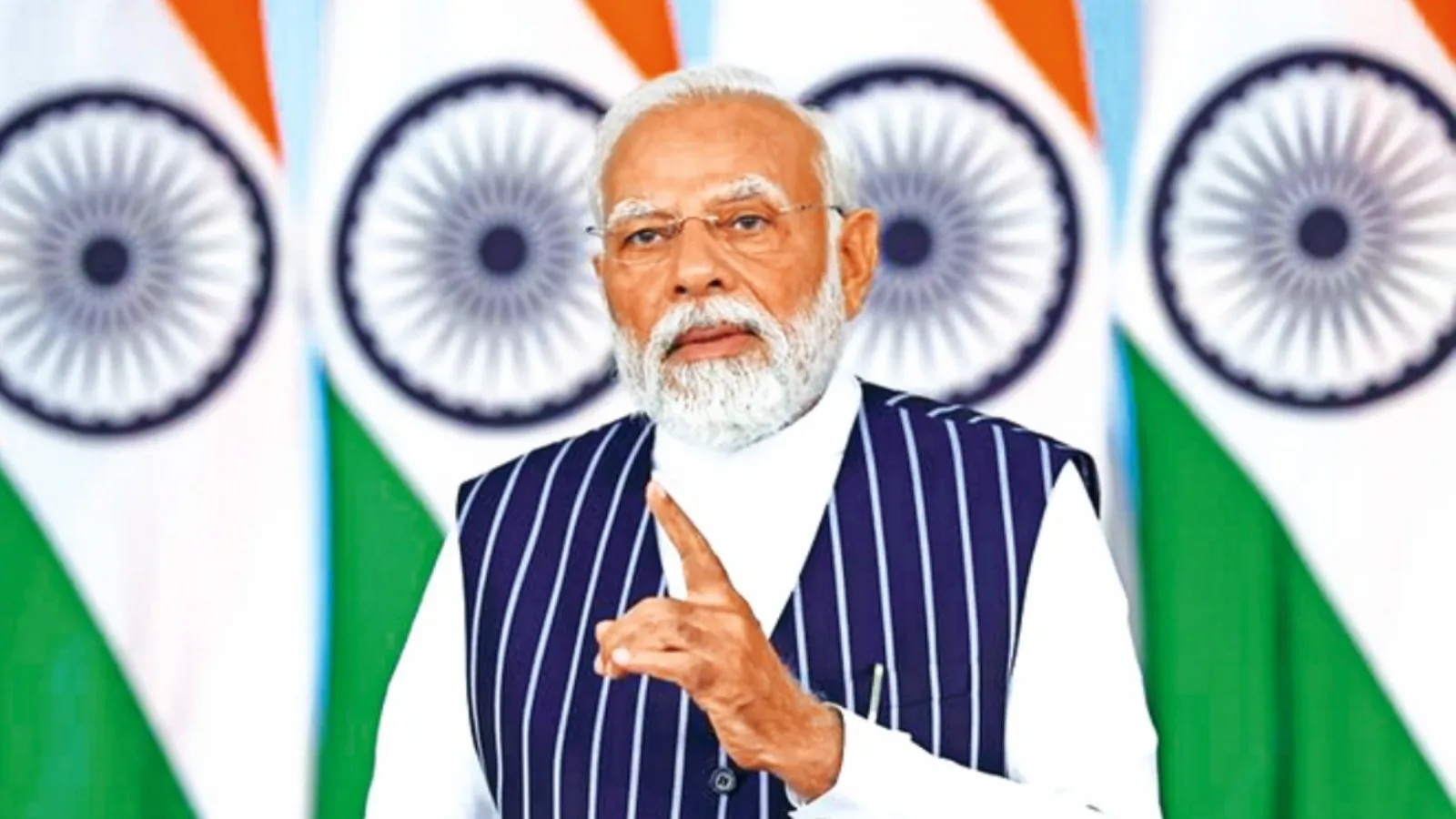The appeal of alternative destinations extends beyond Europe, with countries like Lithuania, Estonia, Chile, Turkey, Malta, Taiwan, and South Korea attracting Indian students seeking diverse educational experiences
In a notable shift from tradition, Indian students are increasingly opting for the Netherlands and Finland as preferred destinations for higher education, marking a departure from the once-dominant allure of the US, Canada, the UK, and Australia. The trend, highlighted by a report on business-standard.com, underscores evolving preferences among the country’s youth seeking international educational opportunities, reported business-standard.com.
The report quoted Shalini Lambah, Chief Executive, India, at Migrate World, DUDigital Global, noted a significant rise in the number of Indian students pursuing studies abroad, nearing 1.5 million since 2012. This surge reflects a growing interest in international education and migration prospects. However, recent shifts in visa regulations in popular destinations such as Canada, Australia, and New Zealand have prompted many to explore unconventional alternatives.
According to Lambah, Europe is witnessing a surge in popularity among young Indian talent, with study hubs like Ireland, the Netherlands, and Finland gaining traction. Similarly, Singapore and South Korea are emerging as appealing options in Asia. The European Union’s encouragement of legal migration to address labor shortages and stimulate economic growth has further bolstered this trend.
As Indian students broaden their horizons, the landscape of international education is witnessing a transformative shift, with unconventional destinations increasingly capturing the attention and aspirations of the country’s youth
The appeal of alternative destinations extends beyond Europe, with countries like Lithuania, Estonia, Chile, Turkey, Malta, Taiwan, and South Korea attracting Indian students seeking diverse educational experiences.
Various factors contribute to this shift. Economic challenges post-Brexit in the UK, accommodation crises in Canada, and limited employment opportunities in the US have disillusioned many prospective international students. Additionally, the acceptance rates for international applicants in traditional destinations have plummeted, prompting students to explore residency options in countries like Portugal and Ireland.
Securing residency offers numerous benefits, including enhanced job prospects and the freedom to work or establish businesses post-graduation. This strategic approach mitigates the limitations faced by non-residents, contributing to the attractiveness of alternative study destinations.
Lower costs, student-friendly policies, and promising job prospects are driving factors behind the appeal of these unconventional destinations. Countries like Portugal excel in hotel management education, Switzerland in hospitality, Japan in AI and technology, and South Korea in fashion, catering to diverse academic interests.
While historical data from the Universities and Colleges Admissions Service (UCAS) indicates a decline in Indian students applying for undergraduate courses in the UK, industry experts predict a burgeoning interest in alternative destinations like Germany, Singapore, and South Korea.
Despite the elevated cost of education in the US, its robust reputation for STEM courses and well-funded research ecosystems maintains its appeal. Canada, with its cost-effective education options, presents itself as a compelling alternative.
As Indian students broaden their horizons, the landscape of international education is witnessing a transformative shift, with unconventional destinations increasingly capturing the attention and aspirations of the country’s youth.
***********************************************************************
Readers
These are extraordinary times. All of us have to rely on high-impact, trustworthy journalism. And this is especially true of the Indian Diaspora. Members of the Indian community overseas cannot be fed with inaccurate news.
Pravasi Samwad is a venture that has no shareholders. It is the result of an impassioned initiative of a handful of Indian journalists spread around the world. We have taken a small step forward with the pledge to provide news with accuracy, free from political and commercial influence. Our aim is to keep you, our readers, informed about developments at ‘home’ and across the world that affect you.
Please help us to keep our journalism independent and free.
In these difficult times, running a news website requires finances. While every contribution, big or small, will make a difference, we request our readers to put us in touch with advertisers worldwide. It will be a great help.
For more information: pravasisamwad00@gmail.com








